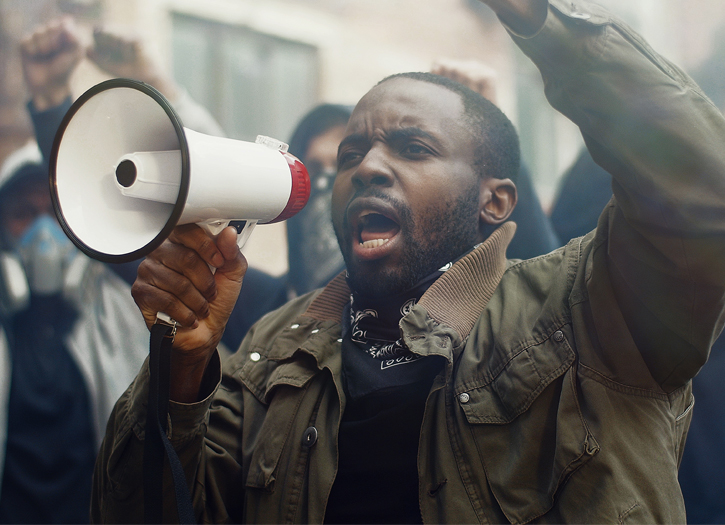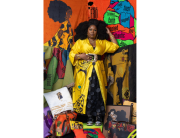During the COVID-19 pandemic, human rights violations including censorship, discrimination, arbitrary detention, xenophobia were reported from different parts of the world. Amnesty International has responded that “Human rights violations hinder, rather than facilitate, responses to public health emergencies, and undercut their efficiency.
The government of China enforced early censorship to suppress information about COVID-19 and the dangers it poses to public health. There were criticisms that the epidemic was allowed to spread for weeks before efforts were undertaken to contain the virus.Li Wenliang, a Chinese doctor who alerted his colleagues about coronavirus was censored and then detained for “spreading false rumors.” He succumbed to the infection and later died. Amnesty International criticized that China’s aggressive lobbying of the World Health Organization involved minimizing of the severity of the outbreak.
Various social networks applied anti-spam measures for content posted about SARS-CoV-2 and the pandemic. Facebook allegedly censored informative content about the virus.According to users, posts about the coronavirus from reliable sources of media were blocked and hidden from other users. Facebook claimed a bug was responsible for this, but conspiracies are circulating that this was done deliberately to suppress information. YouTube demonetized several videos in which the term “corona” was used.
In China, many patients had to be turned away from hospitals after hours of queuing due to the high number of ill people.Shortage of testing and treating material were reported. Due to the high volume of patient inflow in Italy, doctors were forced to decide on whether or not to treat the elderly, or leave them to die. A photo of a nurse who collapsed due to huge workload in an Italian hospital was widely circulated as a symbol of the overwhelmed system.
There have been increased reports of racism against Asian people, particularly against Chinese people in Europe and the Americas. The World Health Organization’s Emergency Committee issued a statement advising all countries to be mindful of the “principles of Article 3 of the IHR (the International Health Regulations),” which the WHO says is a caution against “actions that promote stigma or discrimination,” when conducting national response measures to the outbreak.
A Washington Post staff photographer captured a snapshot of US President Donald Trump’s speech notes in which he had crossed out the word “coronavirus” and replaced it with the words “Chinese virus.” Trump referred to coronavirus as “Chinese virus” in his speeches amidst growing protests of racism from different quarters. However, he stated that he does not believe his statements were racist because the virus originated there, and he also stated that he was intending to counter Chinese propaganda which claimed that American soldiers originally brought the virus to China.
On 1 May 2020, the Malaysian authorities mustered and detained nearly 586 undocumented migrants in a raid conducted in Kuala Lumpur. The detained migrants included young children as well as ethnic Rohingya refugees from Myanmar, amidst the rise in xenophobia. The move was condemned by the United Nations, which urged Malaysia to avoid such detentions and release the children, warning that the overcrowded detention centres will be highly vulnerable during the coronavirus pandemic.
In June 2020, a report in the United Kingdom highlighted that ethnic minorities are at a higher risk of losing their lives due to COVID-19. On 5 June, the Equality and Human Rights Commission (EHRC) announced to launch a statutory inquiry into racial inequalities, which have been exposed amidst the coronavirus outbreak in the UK. The human rights watchdog’s investigation was to provide evidence-based information, compelled from government departments and organizations.
Activists sharing information about the coronavirus pandemic situation in China were intimidated and harassed. In the United States, the Justice Department has quietly asked Congress for the ability to ask chief judges to detain people indefinitely without trial during emergencies — part of a push for new powers that comes as the novel coronavirus spreads throughout the United States. Lock down restrictions influenced the expression of freedom of assembly by imposing a limit of people that could meet at each gathering or banning any gathering. Lockdown restrictions in certain countries imposed limit of practitioners attending a religious ceremony.







Add Comment